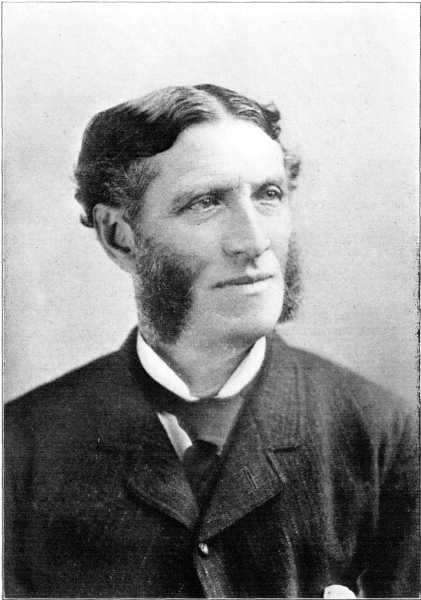Matthew Arnold Quotes
" Written in Emerson's Essays http://www.bartleby.com/246/414.html" (1849)
“Fate gave, what Chance shall not control,
His sad lucidity of soul.”
Source: Resignation (1849), l. 197
“What shelter to grow ripe is ours?
What leisure to grow wise?”
"Stanzas in Memory of the Author of "Obermann"" (1852), st. 18
On Translating Homer, p. 336
Essays in Criticism (1865)
Act I, sc. ii
Empedocles on Etna (1852)
“Yet they, believe me, who await
No gifts from Chance, have conquer’d Fate.”
Source: Resignation (1849), l. 248-249
The Study of Poetry
Essays in Criticism, second series (1888)
“Such a price
The Gods exact for song;
To become what we sing.”
" The Strayed Reveller to Ulysses http://www.poetry-archive.com/a/the_strayed_reveller_to_ulysses.html"
“That which in England we call the middle class is in America virtually the nation.”
"A Word More About America" (1885)
Source: Culture and Anarchy (1869), Ch. IV, Hebraism and Hellenism
Literary Influence of Academies, p. 69
Essays in Criticism (1865)
Source: Culture and Anarchy (1869), Ch. I, Sweetness and Light
“Conduct is three-fourths of our life and its largest concern.”
Source: Literature and Dogma (1873), Ch. 1
“Know, man hath all which Nature hath, but more,
And in that more lie all his hopes of good.”
To An Independent Preacher
"Lines Written in Kensington Gardens" (1852), st. 10
"Stanzas in Memory of the Author of "Obermann"" (1852), st. 24
The Functions of Criticism at the Present Time (1864)
Preface to the Second Edition (1869)
Essays in Criticism (1865)
Source: Culture and Anarchy (1869), Ch. III, Barbarians, Philistines, Populace
" On the Study of Celtic Literature http://www.sacred-texts.com/neu/celt/scl/index.htm" (1867), Pt. 6
Stanzas from the Grande Chartreuse (1855)
“The day in his hotness,
The strife with the palm;
The night in her silence,
The stars in their calm.”
Act II
Empedocles on Etna (1852)
Preface, 1st Ed
Culture and Anarchy (1869)
Act I, sc. ii
Empedocles on Etna (1852)
Source: Culture and Anarchy (1869), Ch. I, Sweetness and Light
“The Celts certainly have it in a wonderful measure.”
Referring to style, in On the Study of Celtic Literature (1867), Pt. 6
" Civilization in the United States http://etext.virginia.edu/etcbin/toccer-new2?id=ArnCivi.sgm&images=images/modeng&data=/texts/english/modeng/parsed&tag=public&part=all" (1888)
"St. Paul and Protestantism" (1870)
Introduction
Culture and Anarchy (1869)
“Peace, peace is what I seek and public calm,
Endless extinction of unhappy hates.”
"Merope" (1858), line 100
“To thee only God granted
A heart ever new:
To all always open;
To all always true.”
"Switzerland", IV. "Parting" (1853)
“Coleridge, poet and philosopher wrecked in a mist of opium.”
Byron
Essays in Criticism, second series (1888)
On Translating Homer (1861)
" Poor Matthias http://www.flippyscatpage.com/frompoormatthias.html" (1867)
